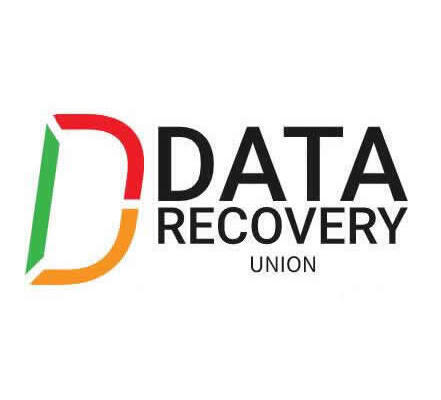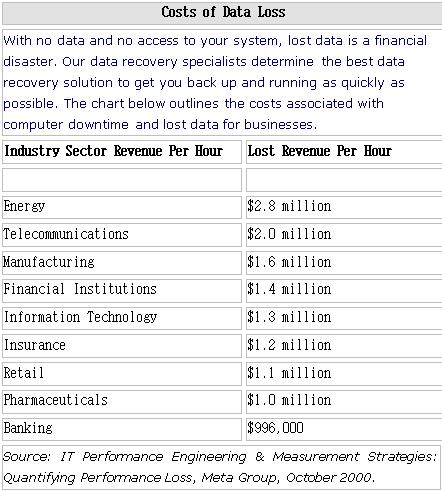
Causes Of Data Loss: Natural Disaster
 Natural Disasters is the least likely cause of data loss however they can kill an entire company. The eruption of natural disasters and the complete equipment failure are rare but they do occur. Although it accounts for around 3% of all data loss but the magnitude of data loss is highest.
Natural Disasters is the least likely cause of data loss however they can kill an entire company. The eruption of natural disasters and the complete equipment failure are rare but they do occur. Although it accounts for around 3% of all data loss but the magnitude of data loss is highest.
The disaster may strike anywhere and occurs in many shapes and sizes. Natural disasters may occur in the form of fire, flood, lightening strikes followed by power surges.
You can protect your valuable information from getting destroyed by the evil effects of a disaster by following the below-mentioned preventive measures.
Since, it is statistically unlikely for natural disasters to occur in two locations simultaneously. Hence, the perfect solution to protect your system from a natural disaster is an offsite backup i.e. you can keep your data in two different locations away from each other.
Fire Damage:
When the fire catches your computer, it may damage the plastic encasings and components of the computer but the data present in the metal hard drive may still be recovered. There are many data recovery software & Service companies, which provide data recovery from fire damages.
When the fire strikes, you can do a bit from your end to lessen the extent of damage.
• When your computer becomes wet from fire hoses, take the wet hard drive out of the system and do not dry; instead place it in a plastic and airtight bag. It is because during a fire, with the help of small air vents, extreme pressure changes pull the contaminants and water inside the drive.
• If you notice that you are not able to pull the hard drive out of the melted computer because it is sealed, then leave it like that.
Flood:
When a single drop of water can short out your computer, what when the whole equipment is completely submerged in the river water. Calculate the extent of damage when it is sunken not only for an hour but for days. However, no matter what, your data can still be recovered if you follow the following measures.
• Make sure that you turn off the computer and do not turn it on. It is because the drive may seem dry but there is small amount of water, which may still be present on the components and can cause a short when powered on.
• You may think that drying the wet drive may be of help but it is not the case. However, dried water leaves contaminants on the drive and can cause a head crash to occur when the system is powered on. Hence, it is recommended to place the media in a plastic airtight bag instead.
• Do not store your mission critical data in a flood plain.
Power outage/ surge:
Power outages are known to be the most common cause of data loss than all other natural disasters.
When you notice a spark, smoke or you observe that your hard drive does not spin and if it is, you are unable to access the information, then your system might be victim of a power surge. Power problems caused by small surges, spikes, sparks and line sags in the electricity make it essential to protect servers, workstations, and networks.
When you think of preventing data loss due to power supply problems, you automatically think of connecting your system to a UPS (Uninterrupted power supply), surge protectors, isolation transformers, or a surge suppressor. However, you can follow these protective measures to prevent your computer from a disastrous effect.
• Make sure that you unplug all the power cords connected to your system in order to prevent further damage to have occurred. The cords could be a power cable, modem, printer, or network cable.
• The most severe damage to your hard drive occurs when the power supply returns. Therefore, after the power returns, wait for at least half an hour for the power to get stabilized and then you may power on the computer.
• UPS main objective is to provide continuous, sufficient-grade power to electronics possessing valuable information. So, make sure that you connect your system with a UPS or a surge protector to prevent your computer from further power attacks. It is for the reason that extreme power fluctuations can damage sensitive electronic components.

